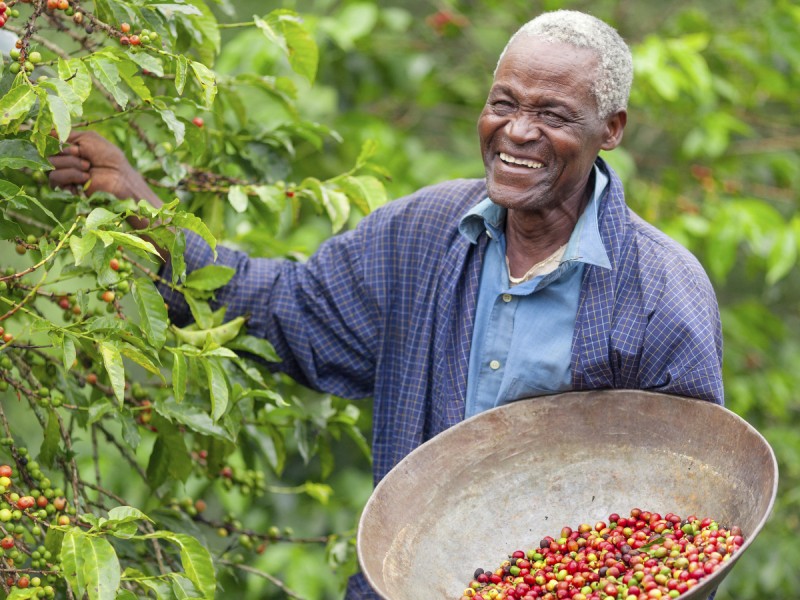Perhaps the most powerful force on the planet: financial markets. What we buy (food, clothes, houses), where we invest our money (investment banks, insurance, pension funds). A quite brilliant system, if not for that major error. Considering our natural and social capital, as ‘externalities’.
Finance is the engine behind our global economy. Where finance flows, energy goes. In a sustainable global economy, every investment takes into account not only financial, but also natural and social capital. We do not have such an economy yet. That requires fundamental changes (especially from Long-term Policies). But the ground is shifting.
Those in the financial sector unsure where to start can explore, and perhaps pilot, the Natural Capital Protocol. Investment bankers are advised to apply the reputable IFC Performance Standards.
Miriam van Gool has worked for 3 years for IFC Africa (the International Finance Corporation is the private sector development bank of the World Bank Group). She has recently drafted an E&S Policy for a consortium including the UN World Food Program, Rabobank and IFC. She believes strongly in multi-disciplinary teams, and building bridges between ‘green’ and ‘financial’ experts.


